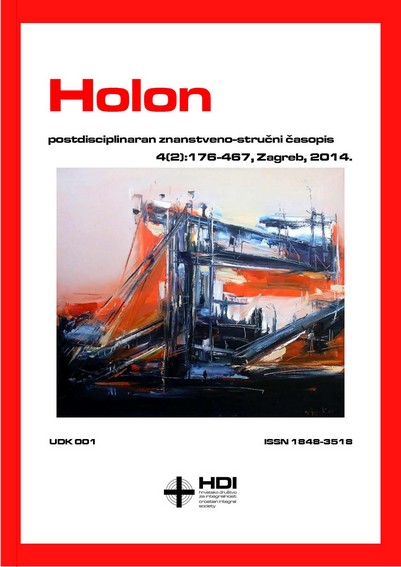


Keywords: Foucault M.; popular culture; art of living; artistic creativity; aesthetics
During the last thirty years or so, there has been a veritable renaissance of the classical ethical idea of the ‘art of living’. Far from being restricted to philosophical discourse, it has also successfully entered the arena of popular culture. This renaissance is closely linked to the late work of Foucault, in which he attempts to restore this classical idea, which he thinks is lacking in modern Western societies. The author aims to assess the Foucaultdian idea of the art of living, and argues that Foucault greatly transformed the Graeco-Roman idea by radicalizing the dimension of artistic activity. In the second part of the paper the author asks whether this radicalized idea can live up to Foucault’s own emancipatory expectations. Lastly, the author argues that the radicalization of the aesthetic dimension has a contradictory effect.
More...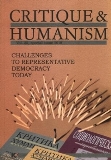
Keywords: feminism; politics; our selves; resistance; Foucault; Butler; Habermas; individual and collective resistance; gender subordination
This paper rethinks the question of resistance in feminist theory from the point of view of what the author calls, following Michel Foucault, ‘the politics of our selves’. The paper draws on the work of Foucault, Judith Butler, and Jürgen Habermas to illuminate both sides of the politics of the self: on the one hand, the way in which selves (including gendered selves) are constituted by power relations through the mechanism of subjection, and, on the other hand, the possibilities individuals have of critically resisting and deliberately transforming themselves. After sketching out my account of the politics of our selves, I discuss the ways in which this account can enable us to understand individual and collective resistance to gender subordination.
More...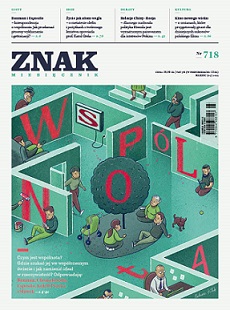
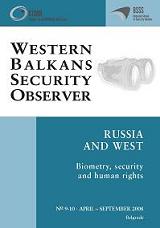
Biometric control and surveillance systems are doubtlessly a moot issue in the ongoing debates of the academic, as well as more general public. In that sense it hardly needs stressing the importance of a public debate addressing one of the most challenging topics in numerous western societies and certainly in Serbia, which is yet another in a series of facts proving that the so-called global and local problems can not be artificially separated and are most often mutually interlinked.
More...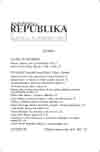
Keywords: heterotopia; heterotopology; cinematic philosophy; timeimage; Tarkovsky’s Zone
In this article, I approach Tarkovsky’s depiction of the ‘Zone’,from the film ‘Stalker’. I argue that the ‘Zone’ is a heterotopia. Firstly, I review the perspectives developed by Foucault, Deleuze and Tarkovsky which are relevant for my argument. Next, I emphasize the connections that could be ascertained between Foucault’s ‘heterotopology’ and Tarkovsky’s portrayal of the ‘Zone’, using Deleuze’s ‘cinematic philosophy’. Afterwards, I compare the ‘Zone’s’ characteristics with the features attributed to heterotopias by Foucault in his ‘heterotopology’. I conclude that the ‘Zone’, just like the ship, could be considered a heterotopia par excellence.
More...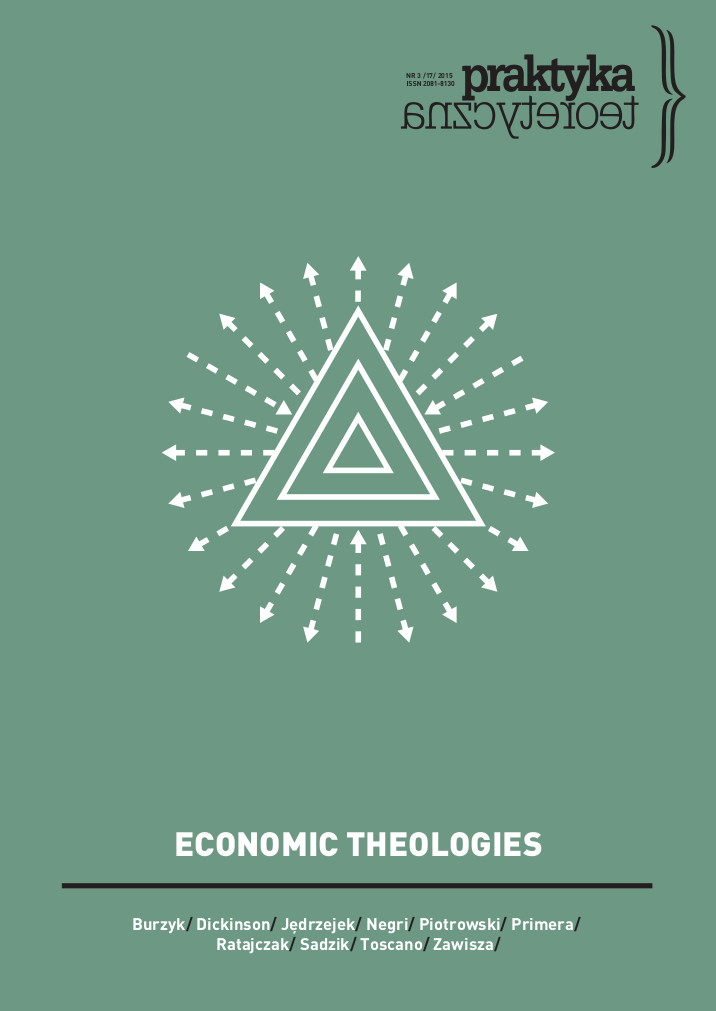
Keywords: Economic Theology; Governance and Neoliberalism: Lessons of the Kingdom and The Glory
In this essay, I examine Michel Foucault’s political contrast between the theological domains of the pastoral and the mystical, in order to note his focus on how necessity and providence are founding and legitimizing concepts of the State. Through this process I develop an analysis of how Foucault, in his critique of the historical uses of theology as a tool of pastoral power, actually points toward another form of political theology than Carl Schmitt’s. My contention is that we begin to see another “type” of political theology appear in the writings of Giorgio Agamben, who follows Christian traditions much more closely than Foucault. The re-formulation of political theology within Agamben’s work, I argue, has tremendous significance for the field as a whole and is much in need of further elaboration, a task toward which this essay only points.
More...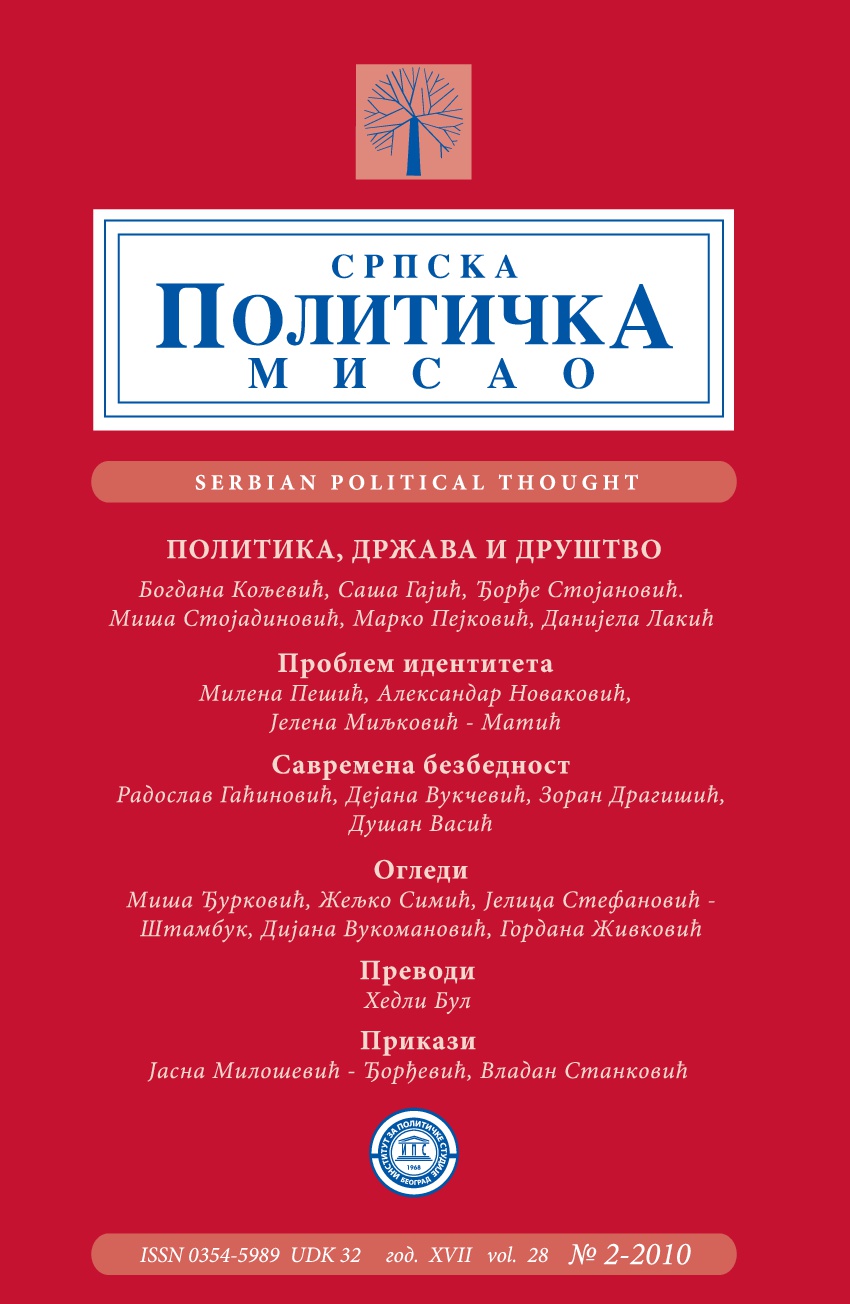
Keywords: biopolitics; humanism; genealogy; critique; political subjectivity; ethics; Enlightenment; possibility; creation;
In this article the author discusses the relation between different conceptions of biopolitics in Foucault and Agamben and the idea of humanism inasmuch as it relates to the question of becoming of new subjectivity. In tracing how the differences in understanding of biopolitics in Foucault and post- Foucaldian approach of Agamben influence not only the forms of critique of biopolitics as anti- politics, but also their relation towards a possible new humanistic discourse, the author underlines the specificities of Foucault’s approach, arguing in direction of the idea that Foucault’s homo politicus presents the possibility of a new unique synthesis between ethics, politics and philosophy. The author concludes with building the argument that it is exactly a genealogy of the present of contemporary phenomena of biopolitics, as a continuation of Foucault’s approach, that can theoretically enable the possibility of new humanism inasmuch as it arises as a sine qua non of political subjectivity.
More...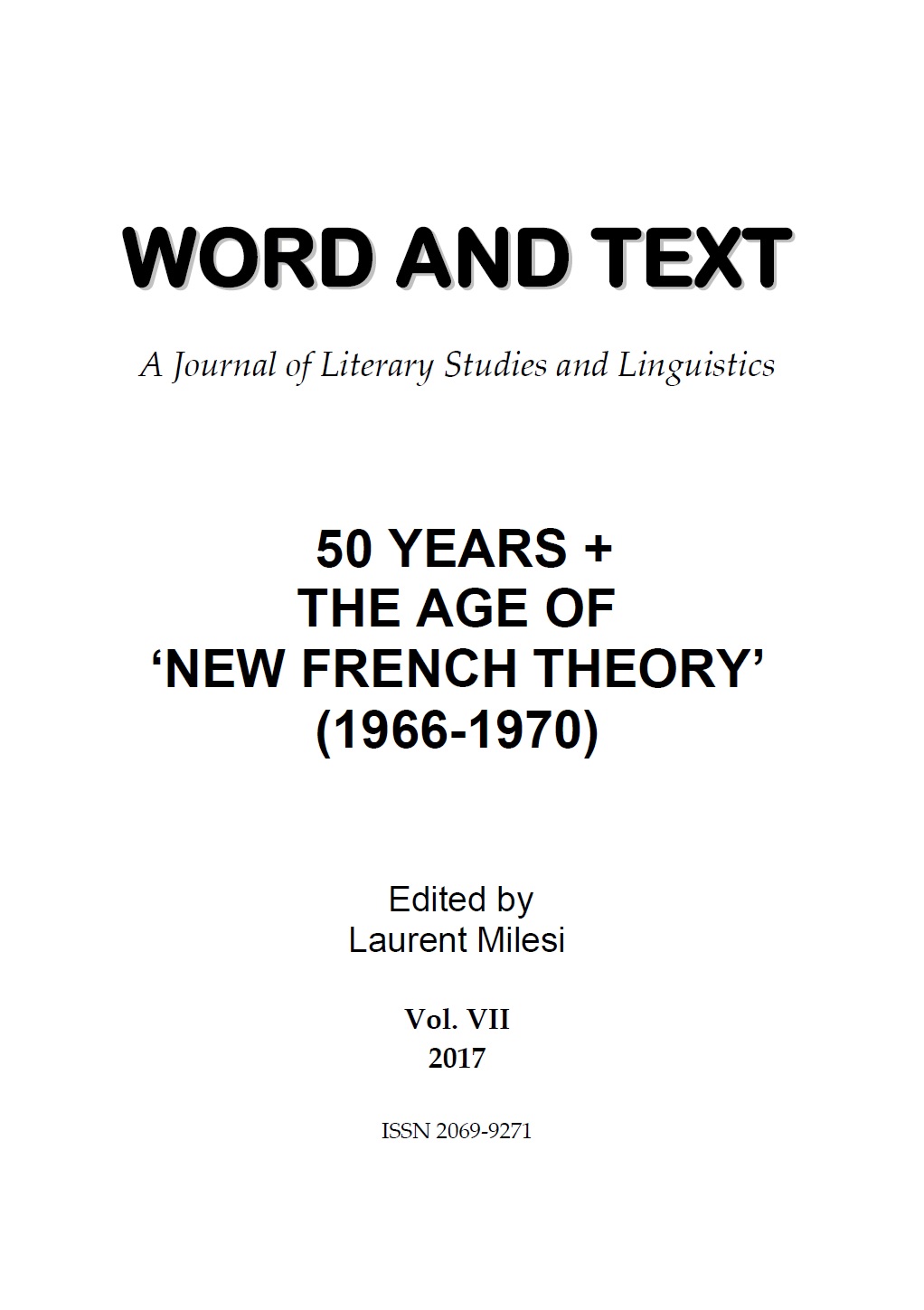
Keywords: Foucault; Greenblatt; historization of the subject; identity; culture
Foucault’s somewhat striking remark that man is an invention in Les mots et les choses has triggered reconsideration of the notion of subject across different disciplines. In addition, his conception of the subject as embedded in a complex network of power and knowledge has provided impetus for the politico-historical turn in Renaissance studies more specifically known as New Historicism. This essay will trace the trajectory of Stephen Greenblatt’s project of “historization of the subject” with a view to pointing out that in this project the Foucauldian anti-humanist notion of subject takes on a new form under the admitted influence of such anthropologists as Geertz and Rabinow. In line with the anthropologists, Greenblatt seeks to analyse how one can construct and recognize his own identity as a social product in encountering a culture distinct from his own – and what Harold Veeser refers to as ‘cultural organicism’ in Greenblatt is determined by this objective. The essay thus aims to thoroughly examine the Foucauldian legacy in Greenblatt, with an emphasis on how the Foucauldian analysis of the subject has been re-appropriated by the latter.
More...Keywords: Sovereign; sovereignty; New Atheism movement; Foucault; discourse; science; episteme; God
The world trend of atheism and the general attack on religion has serious philosophical-legal and practical-political implications. This paper is an examination of the central notion in the law, Sovereign and Sovereignty from Foucauldian discourse analysis, focusing on power relationships in society as expressed in New Atheism movement. I try to understand how the notion of Sovereign is being shaped (or constructed) by new scientific language, which in turn reflects existing power relationships established from the relation of the science and politics.The notion of the Sovereign and sovereignty, as Schmitt correctly concluded, is central to political theology and its denial and disappearance has significant implications. Today's domination of atheism has exactly that purpose – full delegitimization of this notion of Sovereign and sovereignty. Finally, the complete collapse of the relation with a transcendence from which the notion of sovereignty arises, is the ultimate goal of the New Atheism.
More...
Keywords: ethical subject; problematisation; technology; technologies of the self; care of the self; Foucault; Heidegger; Habermas;
The article deals with the problem of constitution of the ethical subject considering the challenges that emerge in the age of technology. The questions are whether the technological and instrumental systems allow the process of self-constitution of the ethical subject and how the measure of responsibility of this ethical subject is founded. The hypothesis is examined that Michel Foucault’s later philosophy could help us to rethink the question of the constitution of the ethical subject taking into consideration the ways of its being and behaviour as practices that are formed in contact with challenges that emerge in the areas of social and ecological ethics. Firstly, the Foucauldian problematisation of the question of the ethical subject is reconstructed and the paradoxes of his approach are investigated. Secondly, the correlation of the genealogy of technology with the question of the constitution of ethical subject and Foucault’s notion of the “techniques of the self” is analysed. Thirdly, two models of the ethical relations with oneself and others – the juridical model and the model of positive enjoyment – are discussed and the question is raised whether the ethical practice that is grounded on the model of enjoyment could provide the positive alternatives for contemporary ethical thought.
More...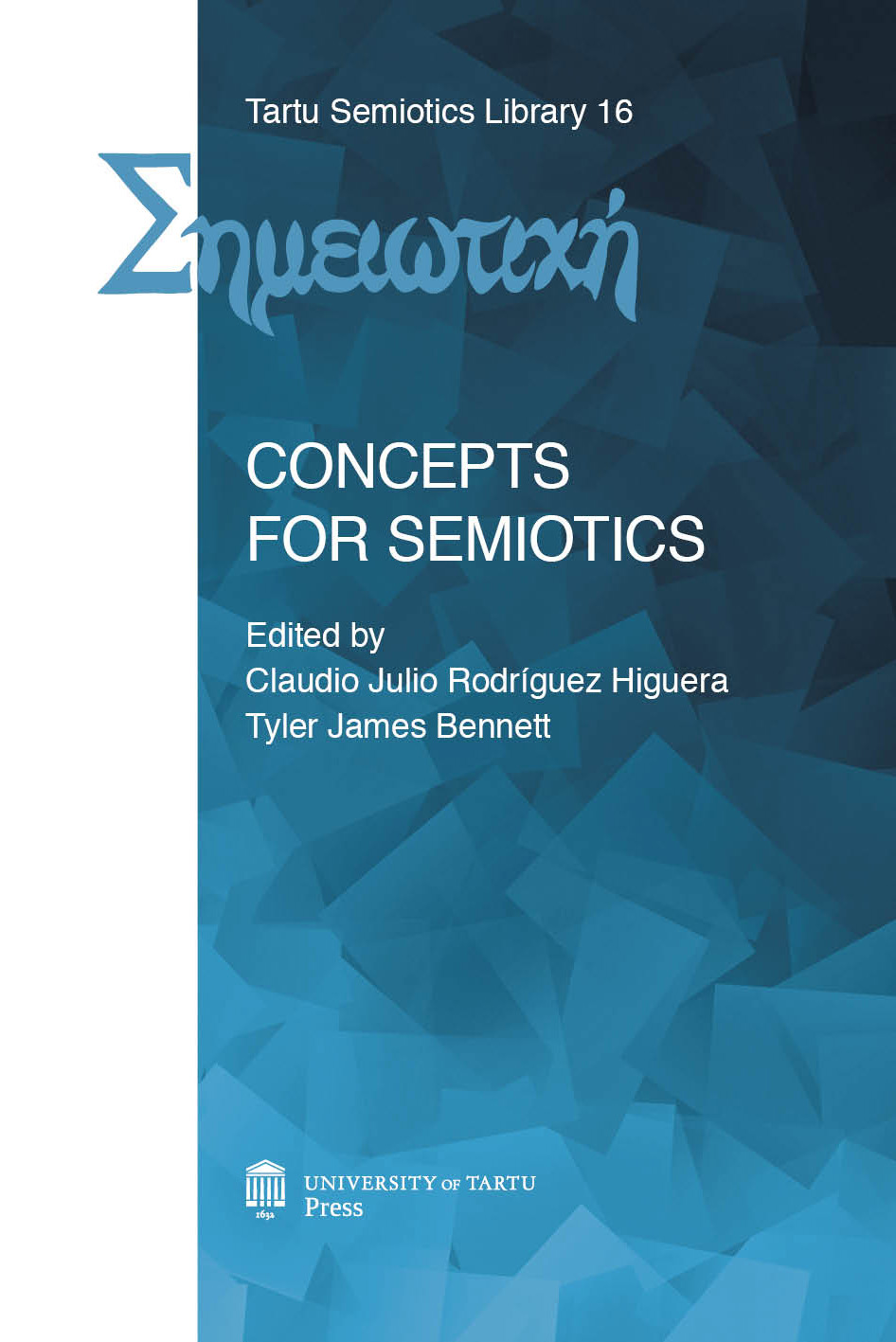
Keywords: Michel Foucault; semiotics of power; normalization, biopower; biopolitics;
The purpose of the paper is to consider the concept of normalization as an analytic tool for the semiotics of power. In order to do this, I review the different types of normative activity in different forms of power as theorized by Michel Foucault. The first apparatus is that of juridical power which deals with the codification of norms into laws; the second is the discipline which individualizes bodies by concentrating on their natural forces in artificial spaces; the third is the apparatus of security which regulates (by securing) the ‘natural’ processes of the population. It is crucial to understand that norms are always the result of specific (governmental) activities in specific contexts and that these diverse activities form the ‘normal individual’. Now, this normal individual cannot solely be conceptualized by concentrating on the dialectical self/other relation that constitutes social, cultural and political identities. Normalization is here approached within the context of biopower, and is taken to be constantly crossing or blurring the boundaries between the political and the biological, making it possible for politics to take as its object the biological processes of the human being. It is, consequently, the author’s conviction that the concept of normalization has the ability to diversify the approach of the semiotics of power.
More...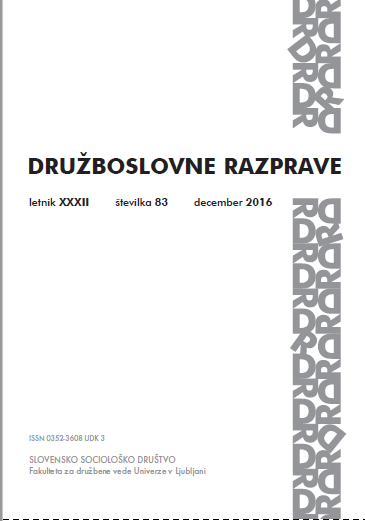
Keywords: discipline; Foucault; genealogy; power/knowledge; sociology;
This paper is genealogical research that aims to present one of the historical ways that led to the emergence of sociology as a modern science. We discuss how and why this kind of genealogical research is important for explaining the emergence, transformation and regionalisation of power/knowledge. By following the arguments developed by Michel Foucault, we argue that the disciplinary practices emerging in European societies during the 18th and 19th centuries strongly influenced the upsurge of power/knowledge that would be transformed in sociology. We conclude that the appearance of the institutions – elements of what Foucault called the disciplinary society – led to the rise of new discourses of their legitimisation and to the birth of sociology.
More...
Review of: Ana Pavlič - Michel Foucault: »Družbo je treba braniti«. Predavanja na Colle`ge de France (1975–1976). Ljubljana: Studia Humanitatis, 2015. 229 strani (ISBN 978-961-6798-58-7), 25 EUR
More...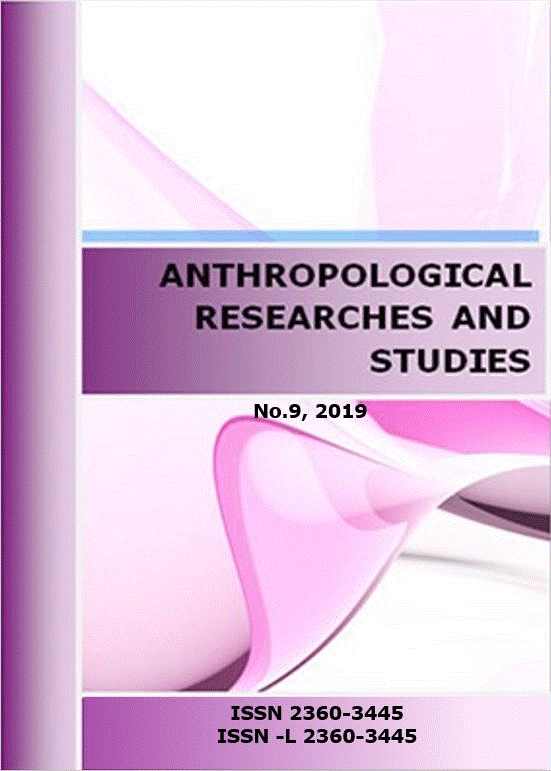
Keywords: heterotopia; heterotopology; virtual world
Objectives. In this article, Michel Foucault’s (1967) theoretical insights regarding heterotopias are reconsidered, in order to determine whether his ‘heterotopology’ can be mirrored in several virtual worlds that are constantly redefined and reimagined by game producers and gamers alike. The places represented and juxtaposed in MMORPG’s like World of Warcraft epitomize countless virtual worlds full of contradictions, paradoxes and representations of the ‘Other’.Material and methods: Towards a ‘heterotopology’ of virtual worlds. Drawing upon in-game participant observation, the main argument is that the plethora of emplacements and cultural references from virtual worlds like Azeroth and Sanctuary underline their paradoxical character. These worlds appear to simultaneously connect and differentiate between various spaces and times. Furthermore, they connect and contextualize multiple meanings, which can be interpreted from an anthropological standpoint. Results. The juxtapositions between the various meanings entailed by these worlds are relevant only through the ways in which they encompass and exemplify the contradictions that exist in reality, without including solutions for them.Conclusions. Accordingly, the ways in which virtual worlds such as Azeroth are reimagined highlight the need of redefining the conceptual relevance of heterotopia.
More...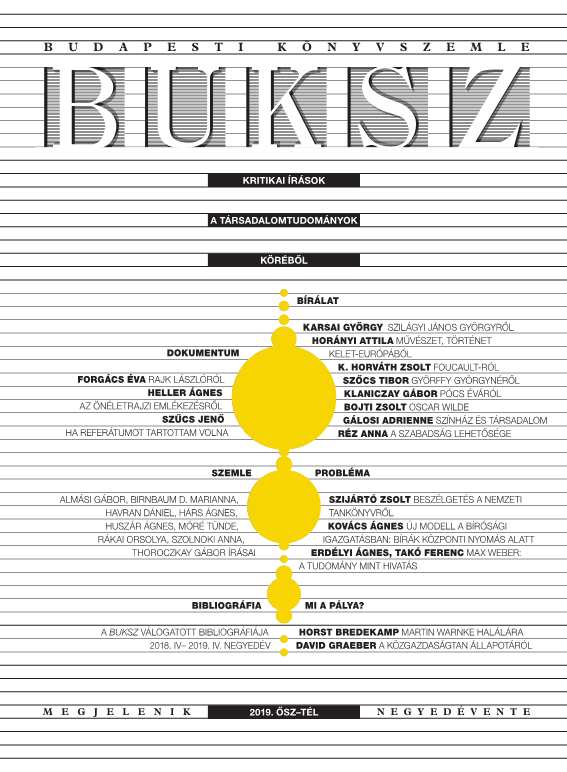
Takács Ádám: Az idő nyomai. Michel Foucault és a történelem problémája. Kijárat, Budapest, 2018. 184 oldal, 2000 Ft
More...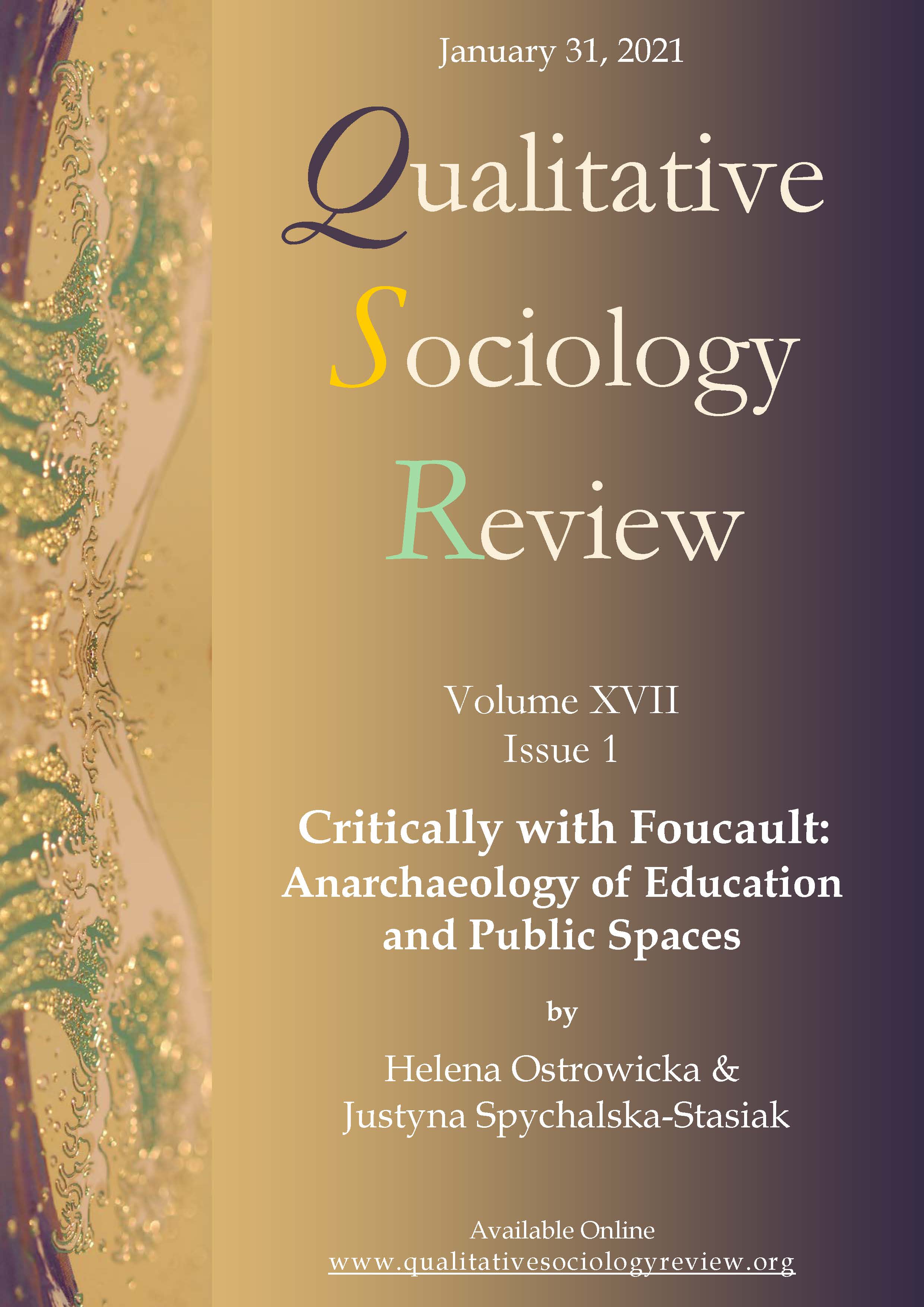
Keywords: Knowledge/Power;Governmentality;Sociology;Truth;Post-Truth
Considering the issue of power in Foucault will always lead to comments on the issue of knowledge and vice versa. What I suggest in this paper, however, is to look into both topics presented in the work by Foucault separately, at least to a certain extent. I believe that the evolution of these two threads in his works allows us to evaluate their suitability differently as far as their relevance to contemporary culture is concerned. Foucault’s approach to the issue of power and its evolution towards so-called governmentality is evidence of how accurately he sensed the direction of changes to the Zeitgeist of Western civilizations, a fact which cannot be said about the evolution of Foucault’s approach to the issue of knowledge, leaning towards the question of truth and truth-telling. The aim of this paper is to substantiate the outlined and differentiated evaluation of Foucault’s oeuvre while, at the same time, highlighting the predominant features of contemporary culture. Special attention will be paid to the role of sociology in governmentality.
More...
Keywords: Discourse Analysis; Dispositif Analysis;Michel Foucault;Neoliberalism;Post-Socialism;Central and Eastern Europe
Post-Foucauldian discourse and dispositif analysis, a methodological approach inspired by the work of Michel Foucault and developed in Western Europe, over the last decade has gained an increasing amount of attention from Eastern European researchers. Yet, this interest has not been accompanied by sufficient reflection on the post-Foucauldian perspective’s adequacy for studying power, governance, and subjectification in post-socialist societies. In particular, there is little criticism that would take into account the current discussion on Foucault’s ambivalent attitude towards neoliberalism. The goal of this article is to examine this line of criticism of Foucault’s late works and to point to its importance for dispositif analysis carried out in Eastern and Central European societies (e.g., Poland) in comparison to analyses carried out in Western Europe (e.g., Germany). I propose a number of methodological recommendations that aim at adapting post-Foucauldian research instruments to facilitate analyzing power relations in the post-socialist context; these include: an interdisciplinary combination of discourse analysis and an analysis of macroeconomic and macrosocial factors; an analysis of the practices of normalization in post-socialist societies with reference to the Center-Periphery relationship; introducing elements of semiology, anthropology of the contemporary and cultural identity analysis to dispositif analysis.
More...